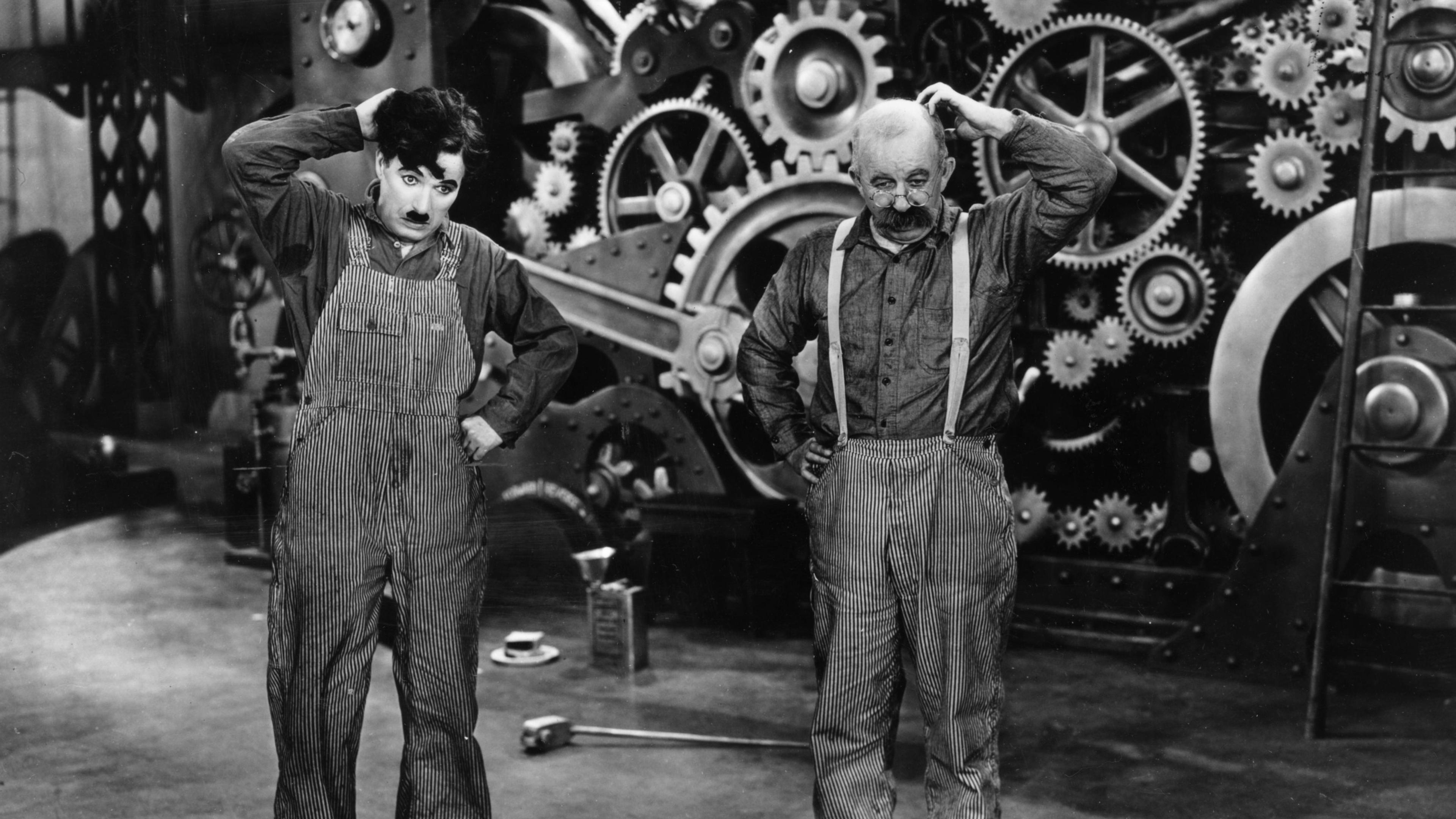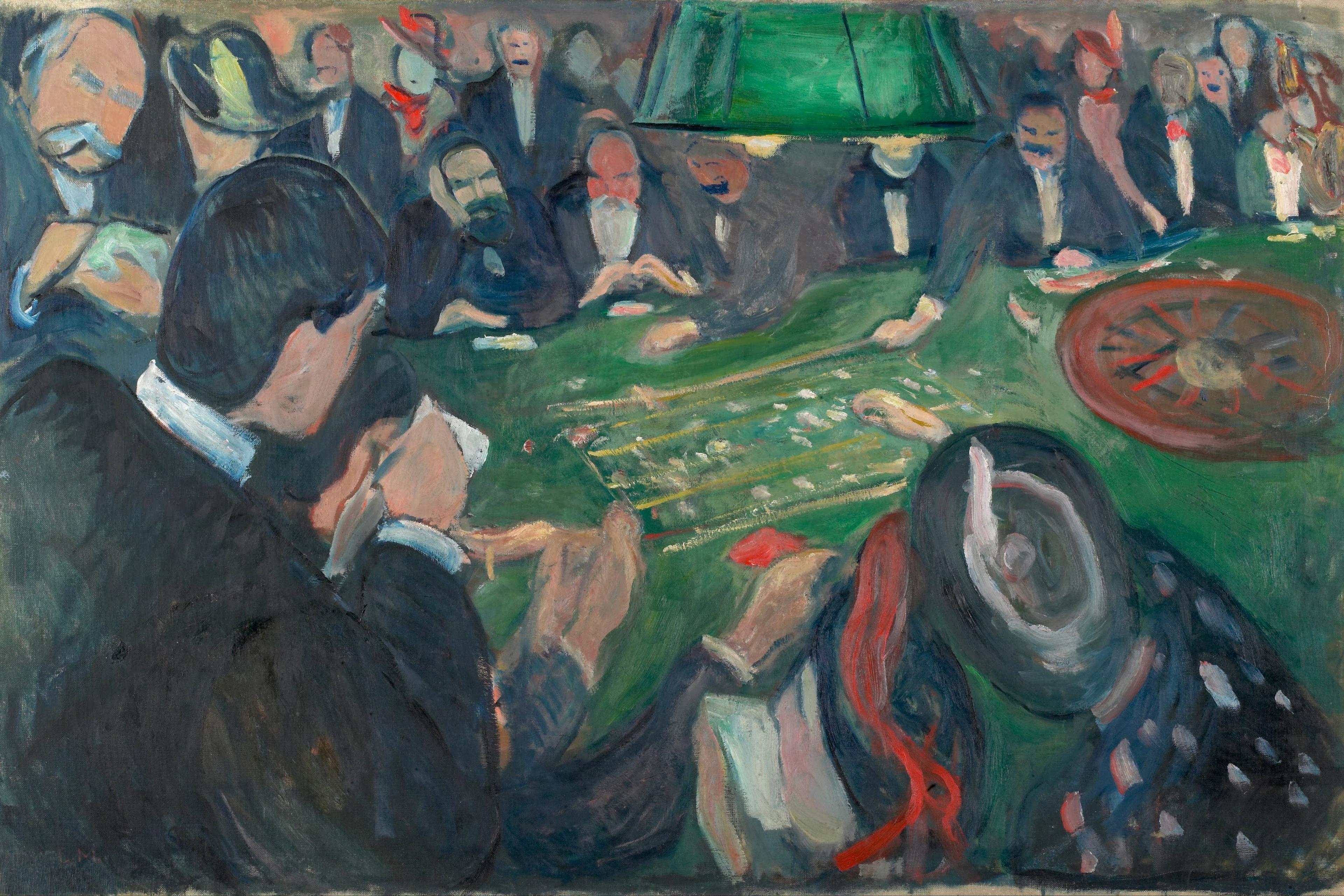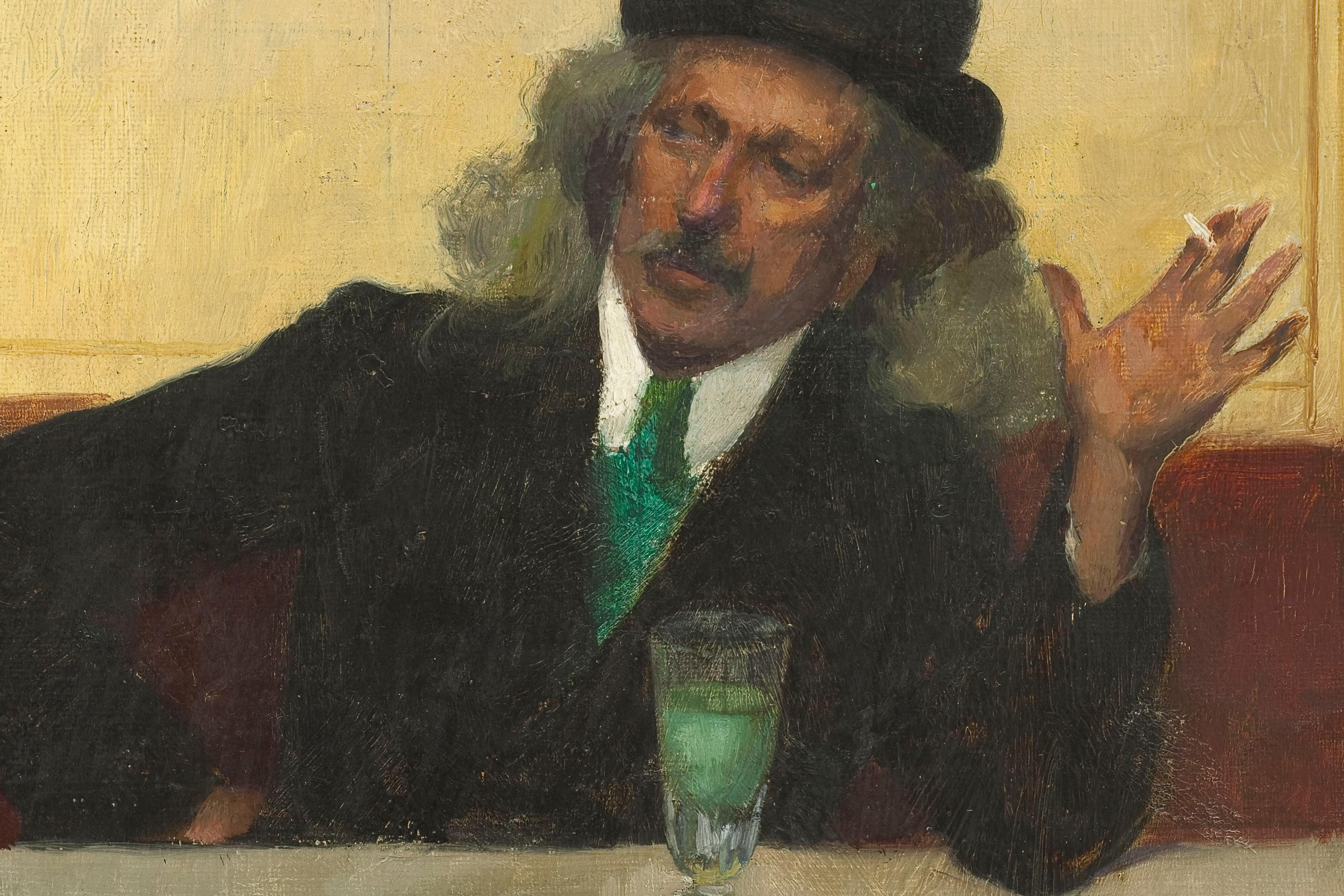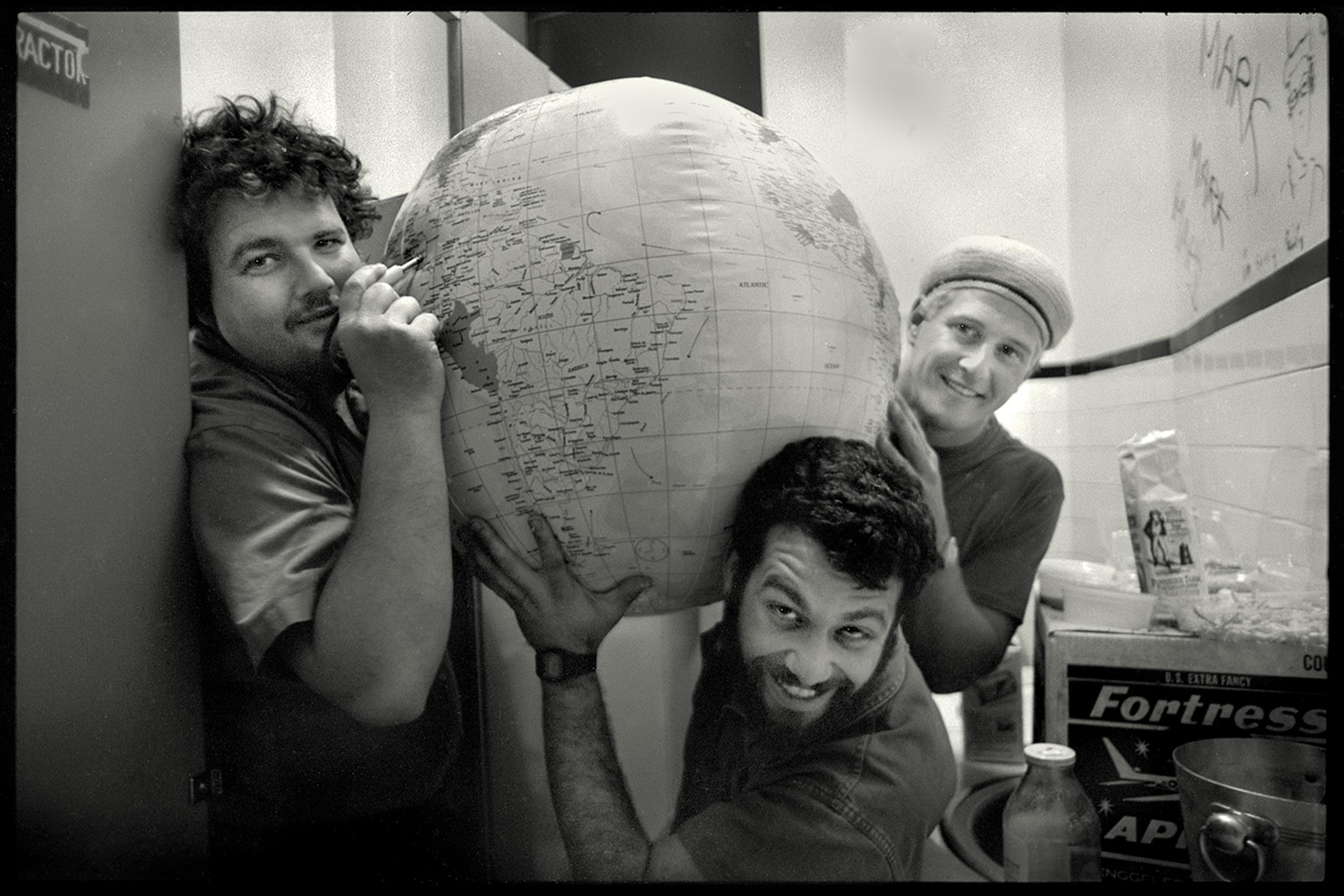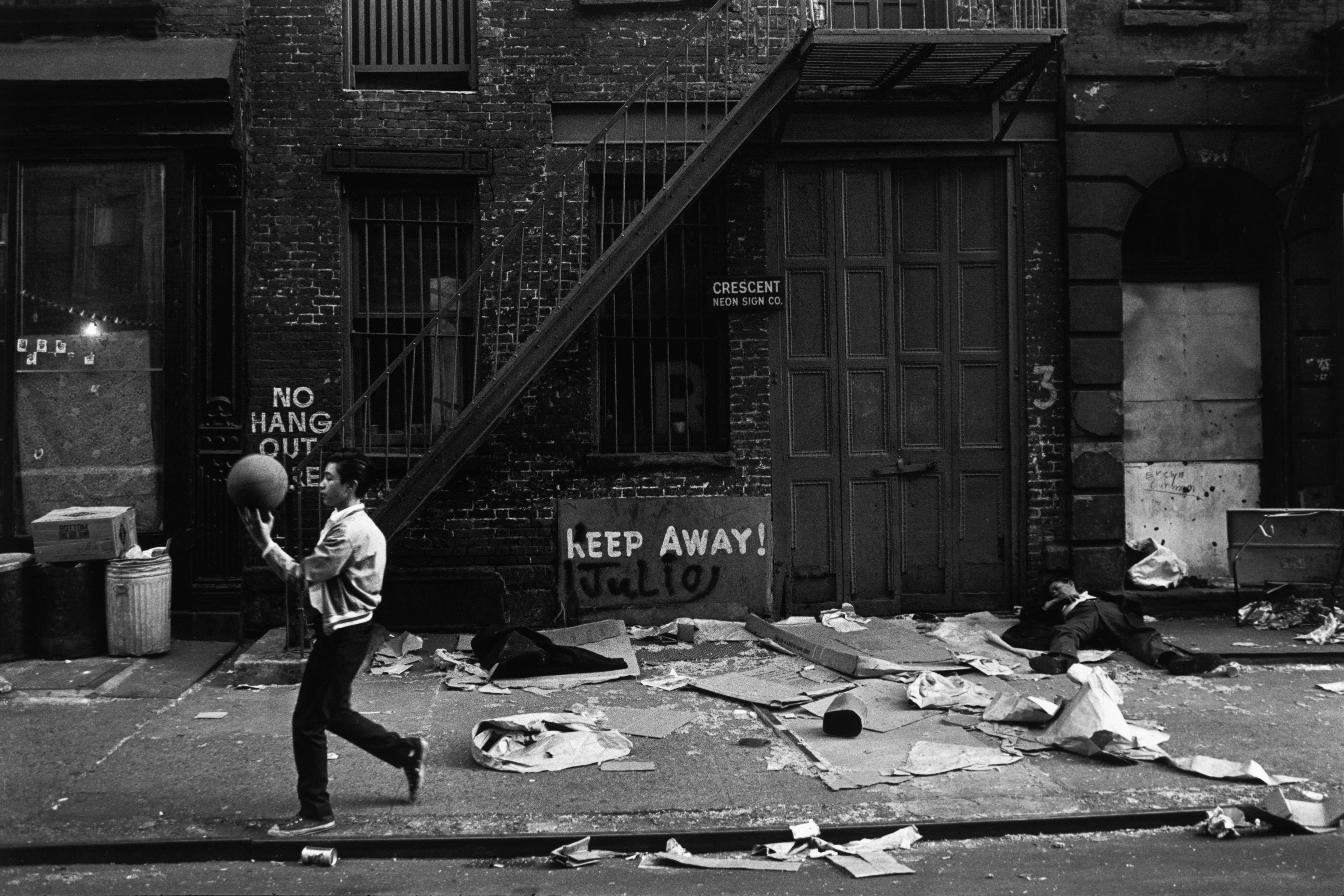In early April 1932, Walter Benjamin boarded a mail boat headed for the Mediterranean island of Ibiza. This forced seclusion was the result of his failure to secure an academic position, as well as the catastrophic changes befalling Germany. The small island, untouched by modern development, allowed him to live more simply by doing away ‘with every conceivable comfort’. The world’s upheavals had made ‘long-range plans … totally impossible’. This was reflected in his shortform writings, which he sometimes referred to as ‘thought figures’ (Denkbilder). These ‘small-scale victories,’ he wrote, were ‘offset by large-scale defeats.’
Among these pieces, we find the ‘Ibizan Sequence’, published in June 1932 in the Frankfurter Zeitung. It includes the thought figure entitled ‘The Wind Rose of Fortune’ which begins: ‘It is a deeply rooted prejudice that willpower is the key to success.’ Benjamin goes on to write that
[S]uccess … is the deepest expression of the contingencies of this world. Success is a caprice in the workings of the universe. To this extent, it has very little to do with the willpower that pursues it.’
What to make of this view? If we gave up the power of our will, wouldn’t that result in our becoming the plaything of ‘the blind activity of chance’ ? To start with, we shouldn’t oppose so starkly what is achieved through the force of will to that which is the result of accident and chance. Benjamin wants us to think through what it means to be open to contingency and to seriously investigate the logic of such a term as ‘opportunity’.
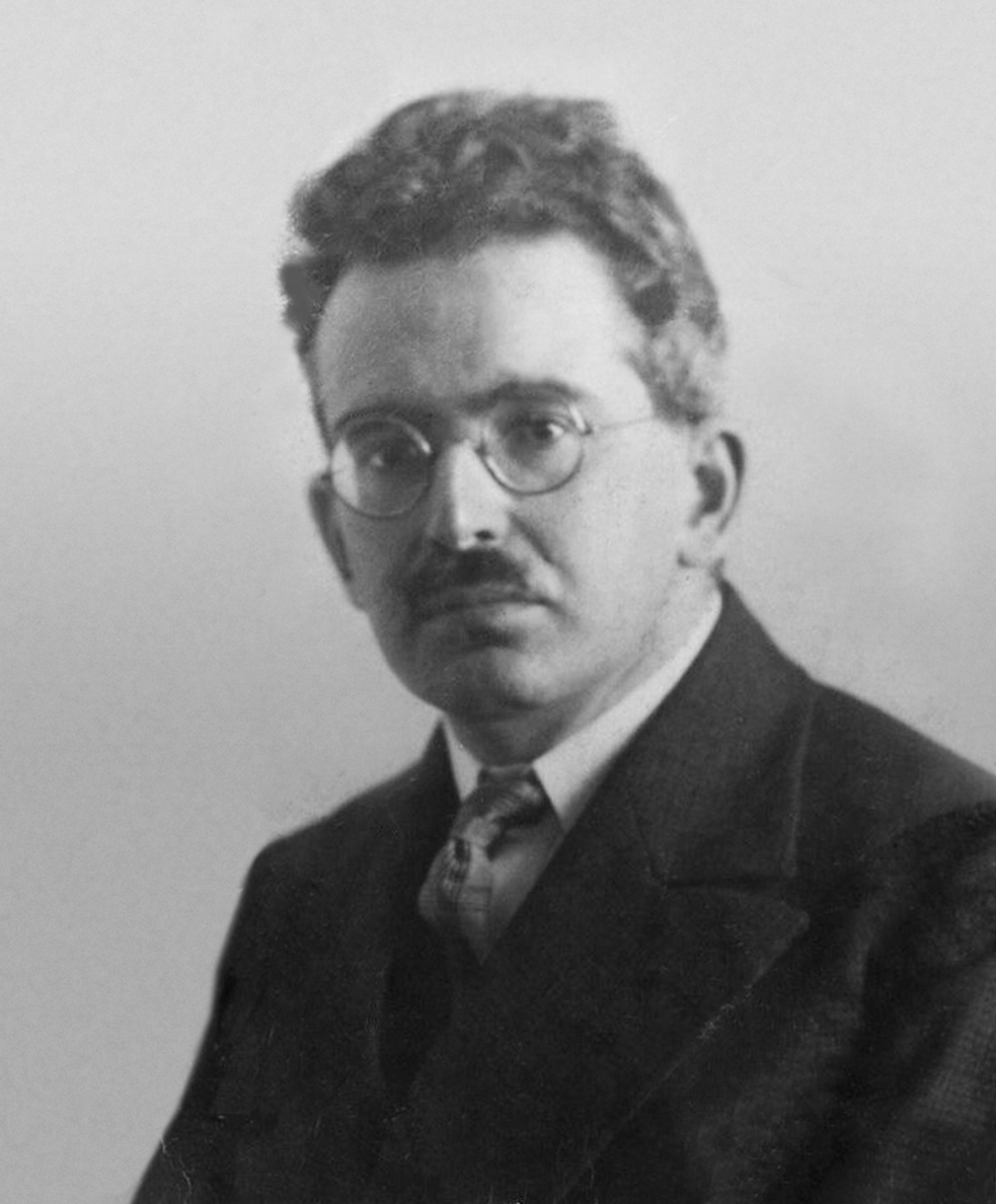
Walter Benjamin in 1928. Courtesy Wikipedia
It seems that there are two ways to think about opportunity: objectively and subjectively. Opportunity could be something objective, something ‘out there’, as when someone says: ‘You should invest in this stock, it’s a great opportunity.’ Here it is implied that opportunity has an element of urgency to it: tomorrow it will be too late, and the opportunity will be gone. Or opportunity could be seen to be subjective, as when we speak of seizing an opportunity. Here, it seems, it is a person’s subjective state of mind that is at issue. Sometimes an opportunity demands taking risks, and therefore courage or determination.
But does the concept of opportunity divide so neatly into objective and subjective components? After all, opportunities usually do not come labelled as such. One has to see a certain state of affairs as an opportunity and have the presence of mind to seize it. You have an opportunity only if you have the capacity to recognise it as such. This means that we might think of the ability to recognise an opportunity as a matter of experience. The experienced person doesn’t merely have more knowledge of the world than others. Indeed, they see the same facts or events, but the inexperienced don’t know opportunities when they encounter them. They do not notice events as opportunities.
So taking advantage of an opportunity is not quite the kind of action in which one disinterestedly reflects on different possibilities and decides on one rather than the other. This is the structure of choice, wrongly identified as what constitutes freedom in action. With experience, we can act on the spot without reflection. But having experience itself takes time. Think of the accumulation of experience that we associate with athletic training: a basketball player takes a shot at the very last second of the game. He has an opportunity to win – and that opportunity is made possible by all the years of training. In that case, as Benjamin puts it, it is the body that is the locus for the accumulated experience, for presence of mind.
Analysing the concept of opportunity and its place in action gives us an initial sense in which success is dissociated from willpower, as well as the setting of goals and how best to achieve them. Still, wouldn’t giving up on choosing, on selecting the best means to achieve one’s end, leave us impotently wishing that the world would fulfil our wishes? Benjamin notes that wishing, too, is much more complex than is often imagined. He quotes a peculiar phrase of Goethe’s: ‘What one wishes for in one’s youth, one has in abundance in old age.’ And he adds that the ‘further a wish reaches out in time, the greater the hopes for its fulfilment.’ A banal interpretation of that claim would be that the more time there is, statistically speaking, the more ‘chances’ there are for something to happen that fits the original wish. But wishing has a more devious form.
In the passage entitled ‘Winter Morning’ from Benjamin’s Berlin Childhood Around 1900, he writes:
The fairy in whose presence we are granted a wish is there for each of us. But few of us know how to remember the wish we have made; and so, few of us recognise its fulfilment later in our lives.
One should wish in such a way as to make the wish disappear in its very unfolding
The relation between wish and fulfilment is indirect, not only because it might take a lot of time for fulfilment to arrive (and in the meantime we might forget what we wished for) but also because it is not straightforward to recognise something that happens to you as the fulfilment of that old wish. In that same passage, Benjamin relates a childhood wish he formed during the days he had to wake up in the darkness of early winter mornings in order to head to school: he wished for more sleep. This was not fulfilled in his school days but much later: it is his failure to get an academic position that allowed him to sleep whenever he wants.
So you don’t quite know what you wish for, and you might find the fulfilment of your wish in something rather unpleasant. There is a Brothers Grimm fairytale about the excesses of wishing. A magic fish, grateful for being released from a poor fisherman’s net, offers to grant the fisherman’s every wish. His greedy wife ordered him to ask for more and more from the magic fish: first a nice house, then to become king, and finally to be like God and command the universe. As everything was granted to the insatiable wife, the husband goes one last time to the fish, muttering that he wished everything would be just as it was before. And the fish granted the final wish. You can wish for what you already have.
There is wisdom in not wishing. Of course, you cannot just give up on your wishes, or on the kind of hope wishing brings into life. One should wish in such a way as to make the wish disappear in its very unfolding, leaving you contented with your present, affirming your contingent actuality, even if you are a poor beggar. This is the point of the following story told by Benjamin in an essay on Franz Kafka:
In a Hasidic village, so the story goes, Jews were sitting together in a shabby inn one Sabbath evening. They were all local people, with the exception of one person no one knew, a very poor, ragged man who was squatting in a dark corner at the back of the room. All sorts of things were discussed, and then it was suggested that everyone should tell what wish he would make if one were granted him. One man wanted money; another wished for a son-in-law; a third dreamed of a new carpenter’s bench; and so each spoke in turn. After they had finished, only the beggar in his dark corner was left. Reluctantly and hesitantly he answered the question. ‘I wish I were a powerful king reigning over a big country. Then, some night while I was asleep in my palace, an enemy would invade my country, and by dawn his horsemen would penetrate to my castle and meet with no resistance. Roused from my sleep, I wouldn’t have time even to dress and I would have to flee in my shirt. Rushing over hill and dale and through forests day and night, I would finally arrive safely right here at the bench in this corner. This is my wish.’ The others exchanged uncomprehending glances. ‘And what good would this wish have done you?’ someone asked. ‘I’d have a shirt,’ was the answer.
Do we have models whose lives are full of opportunities, for whom contingent encounters are fortunate? One such model that Benjamin describes as a ‘genius of failure’ is Charlie Chaplin. A scene from Chaplin’s film Modern Times (1936) can serve as an example of the kind of fit that is wholly a matter of situation, of occasion, of the opportune moment: Chaplin walks along a city road when a red flag signalling a protruding load falls off a passing truck to the ground. Chaplin picks up the flag and follows the truck, waving it to catch the driver’s attention. As he advances, a demonstration of workers turns a corner and aligns itself just behind him, so that, as he waves the red flag, he appears to the police as the leader of the protest and is arrested. The tramp is transformed into a leader.
Now, one might argue, with good justification, that this is not quite to be counted as success in the world. Chaplin’s comic fortune will land him in jail. It is therefore all the more important to clarify the distinction between achievement and fortunate existence over and above the opposition of success and failure. Chaplin is a tramp, that is, he lives wholly outside. He does not have a complex inner world or psychology. And his trajectory in the world has little to do with willpower, planning, weighing, reflection and decision. He is a simpleton, with a simple and unchanging character. Chaplin is a consistent mismatch with any circumstance in which he happens to find himself; he is out of line with every social world. But, therefore, he embodies a nobility of spirit: ‘the world fits him like a glove.’ Wherever he is, it is as though his surroundings are tailored to his character. Chaplin shows a life where there is a peculiar fit to the world, come what may, even in always failing. That this makes us double up in laughter, rather than bemoan his terrible fate, is what justifies Benjamin in calling Chaplin ‘the only angel of peace who is suited to this world.’
